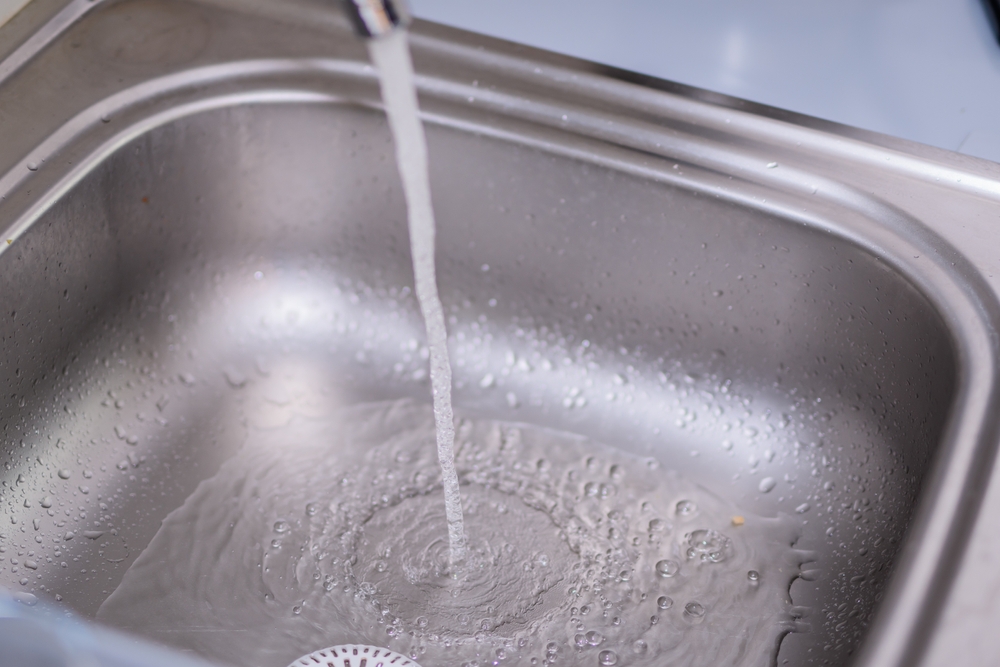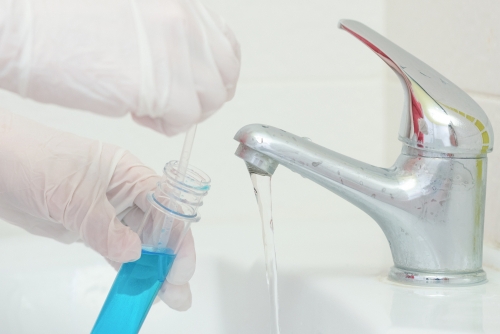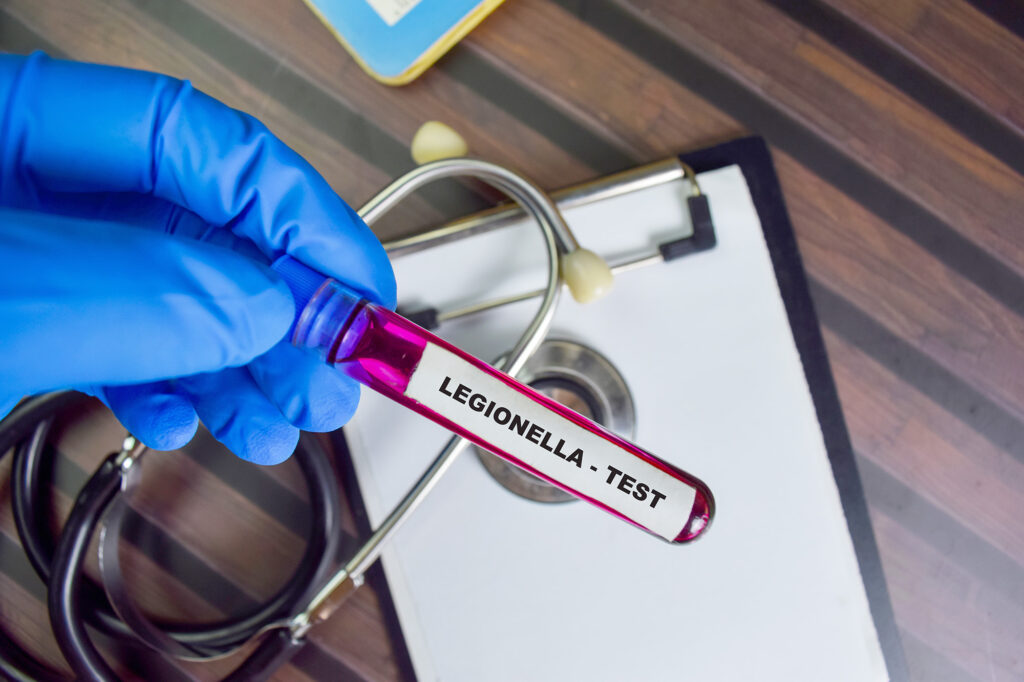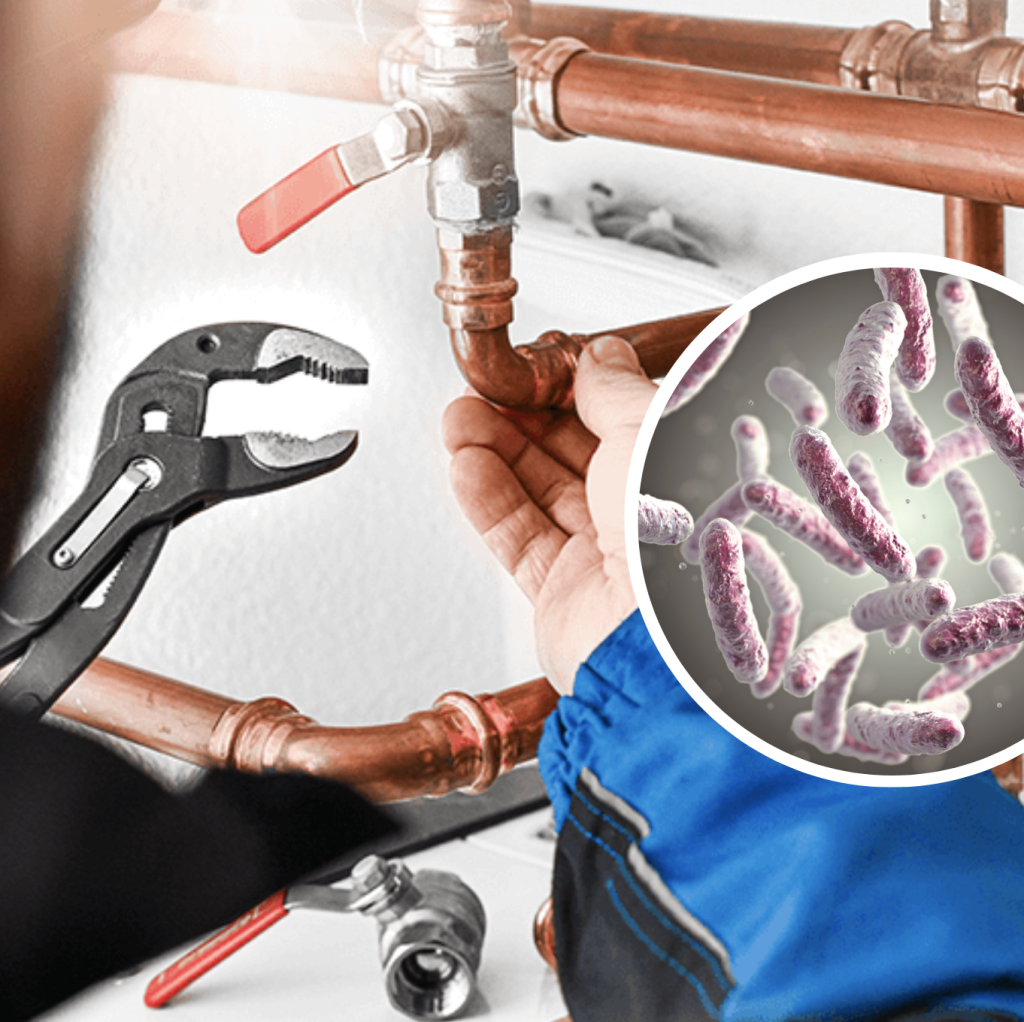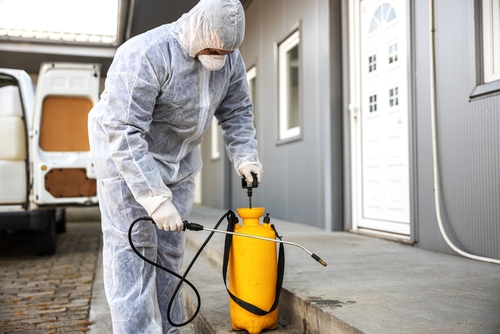A hospital in the West Midlands has reopened after a temporary closure due to legionella bacteria that was found in the water system of the hospital during a routine water assessment.
Health bosses closed the hospital earlier this month, and patients had to be moved to other hospitals in the surrounding area until the problem was under control, due to the vulnerability of the patients.
Legionella bacteria could cause fatalities in a hospital if left undetected and untreated.
The importance of Legionella testing
Employers have a legal duty to to understand the health risks associated with legionella bacteria and take measures to prevent outbreaks. Such measures would come in the form of frequent microbiological sampling to test for legionella bacteria, regular legionella risk assessments, awareness training and more.
Legionella bacteria can cause Legionellosis, a group of serious diseases that include Legionnaires’ disease, a potentially fatal form of pneumonia. And, as any water system could be a source for Legionella growth, regular water sampling is essential.
Legionella water sampling can significantly reduce the risks of an outbreak. Microbiological activity should be measured every 6 months according to The BS6700.
Ideal conditions for Legionella to grow:
- Water systems from -20 to 45 degrees c
- Warm, motionless water systems with low levels of oxygen
- Pipe and tank surfaces, rubber and other natural fibres found in washers and seals, water heaters, hot water tanks and in pipes and showers
- Water distribution systems needed for large buildings like hotels and hospitals
This means that if your business premises falls into any of these groups, you need to ensure that you are regularly screening for Legionella. For more information on our legionella services, visit our dedicated Legionella pages here.


